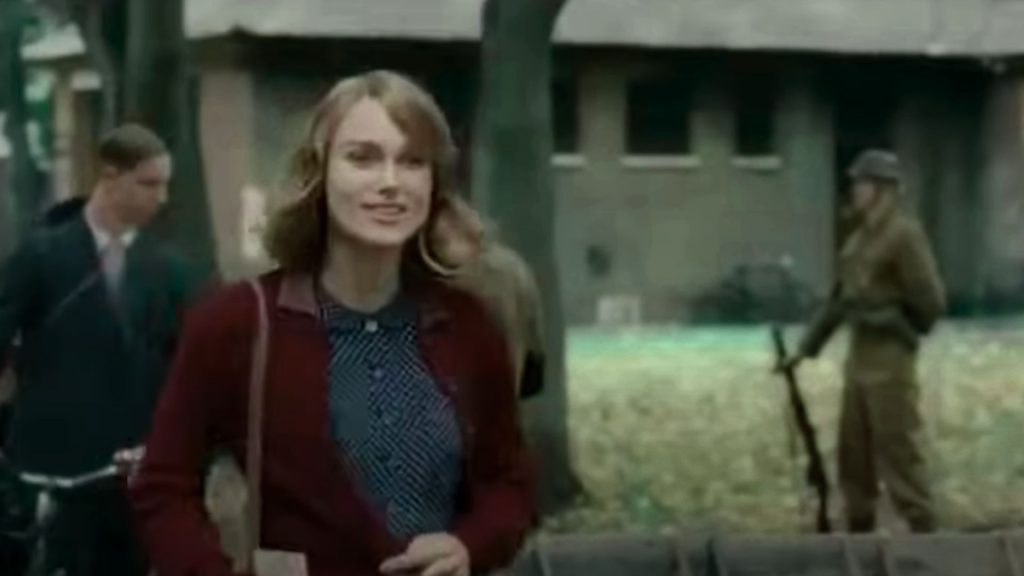
Exploring The Imitation Game: True Story Insights
The Imitation Game, released in 2014, captures the gripping narrative of Alan Turing, the brilliant mathematician who played a pivotal role in cracking the Enigma code during World War II. This film not only explores the intellectual challenges faced by Turing and his team but also delves into the personal struggles of a man who was far ahead of his time.
As we peel back the layers of the movie’s storytelling, we must ask: What is the true story behind The Imitation Game?
Alan Turing: The Man Who Became a Codebreaker
Alan Turing, portrayed with compelling depth by Benedict Cumberbatch, was a pioneering mathematician whose theories form the basis of modern computing. During World War II, Turing was recruited by the British government to join the team at Bletchley Park, where the most secretive tasks of codebreaking were undertaken.
The film focuses significantly on Turing’s development of the Bombe machine, an invention designed to decipher German communications.
Did Alan Turing Love Joan Clarke?
A subplot of the movie revolves around Turing’s relationship with Joan Clarke, played by Keira Knightley. Their friendship and brief engagement provide a humanizing glance into Turing’s life, suggesting a complex relationship. While the film suggests a deep affection between them, historical records primarily highlight a profound respect and platonic love, influenced by Turing’s struggles with his identity.
Decoding the Original Imitation Game
The term “imitation game” originates from Turing’s 1950 paper on artificial intelligence, where he proposed a test to determine if a machine can think—now known as the Turing Test.
The film adopts this concept as a metaphor for Turing’s efforts to conceal his true nature from society, paralleling his cryptographic endeavors.
Historical Deviations: How Much of The Imitation Game is a True Story?
While The Imitation Game is lauded for its compelling narrative and stellar performances, it is not without its historical liberties. Critics have pointed out several inaccuracies regarding Turing’s personality and the overstated role he alone played. The teamwork and contributions from other cryptanalysts at Bletchley Park are somewhat overshadowed by the film’s focus on Turing as a solitary genius.
Legacy and Recognition
Despite these cinematic embellishments, the essence of Turing’s monumental contributions is well captured. Turing’s legacy was further cemented by his posthumous Royal Pardon in 2013, an overdue recognition of his services and a statement against the injustices he suffered due to his homosexuality.
The Impact of The Imitation Game
Is The Imitation Game a good movie? By all cinematic metrics, yes. It received an Academy Award for Best Adapted Screenplay and grossed over $233 million worldwide against a modest $14 million budget. It brought Turing’s story to a broader audience, highlighting his pivotal role in history and the tragic arc of his personal life.
Why is it called The Imitation Game?
The title reflects both the intellectual test Turing proposed and the personal façade he maintained in a society that criminalized homosexuality. This dual meaning enriches the film’s narrative, offering viewers a glimpse into the complexities of both his professional and personal lives.
Conclusion: The Lasting Impact of a True Genius
While The Imitation Game dramatizes certain aspects of Alan Turing’s life, it serves as a poignant reminder of his profound impact on the world. The film not only celebrates his genius but also criticizes the societal norms that led to his untimely demise. Turing’s story is a powerful testament to the human spirit’s resilience against overwhelming odds.
Is The Imitation Game a faithful portrayal? Partially. It captures the spirit of Turing’s contributions and the essence of his challenges, though it takes creative liberties in depicting the exact historical events.
However, as we reflect on Turing’s legacy, we are reminded of the power of acknowledgment and the importance of recognizing true genius, even posthumously.
For more detailed explorations of true stories behind cinematic portrayals, visit Is True Story and delve into the real narratives behind your favorite films.






